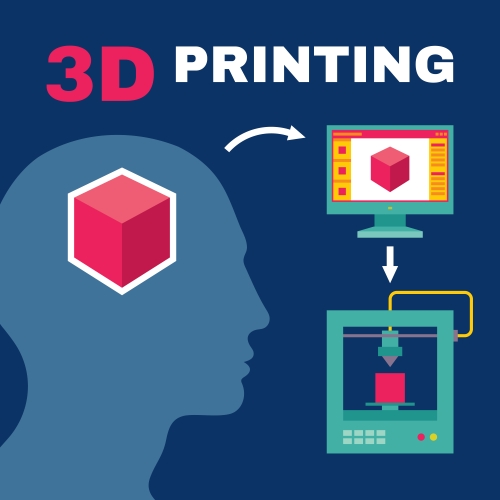Driverless cars are in the headlines often these days, but so too are driverless trucks. Especially when it comes to what will happen to our industry when we start to see an autonomous haul truck. Autonomous trucks are already in the workforce. In Australia, there are two mines that are hauling iron by cars operated remotely and in Canada, Suncor’s executive vice president and chief financial officer noted that their 175 self-driving trucks, “will take 800 people off our site. At an average of $200,000 per person, you can see the savings we’re going to get from an operations perspective”. In May of 2015, Daimler also showcased the Freightliner Inspiration Truck in Nevada. So, it isn’t a matter of if this technology will come to market, but how long it will take to dominate the market.
There are a number of varying opinions about what these new trucks will do to the trucking industry. Many are all consumed with apocalyptic thoughts about the end of trucking jobs. There are some clear pros and cons to trucks without drivers. And, then there is still a lot we don’t know about exactly how the trucks will come to market.
Pros:
- Fewer accidents. Drivers get tired, drivers push themselves in order to make more money.
- Reduced Fuel Consumption. Daimler says that a study conducted by Frost & Sullivan says that heavy-duty autonomously driven trucks can achieve a savings of up to seven percent on average.
- Lower maintenance costs (minimized wear and tear on components because of a more constant flow of traffic).
- Reduction in traffic as trucks will be able to plan and adapt to routes in real time.
- Profitability for freight owners
- Potential new job openings to build, run and maintain driverless trucks
- Potential solution to the driver shortage
Cons
- Loss of millions of truck jobs. It is estimated that there are currently about 3.5 million truckers in America.
- Economic decline
- Loss of trucker jobs and those who serve the industry (motels, restaurants, truck stops, road construction workers)
- Overall reduced spending within industries that serve truckers
According to trucknews.com, the fear over autonomous trucks and job loss may not be that big of a deal. That’s because they won’t be driverless, more like an auto-pilot feature that would make driving safer and drivers more productive. Drivers could in theory be scheduling loads or completing paperwork.
Trucknews.com even says, “…once the safety benefits are proven, it could be the catalyst for regulatory changes that improve truck productivity by extending driver hours-of-service or convincing government to allow longer, heavier truck and trailer configurations. The possibilities are endless but one thing it will not do – at least not until after most of you have retired, if ever – is completely eliminate the driver”.
So at least for trucks that need to pick-up, load, haul and deliver products, driver jobs could still be safe. Trucks on job sites are likely to be the most affected by true driverless trucks as evident in the mining sites is Australia and oil patches Canada.
What’s your take? Are you excited for the possibilities or worried about the industry’s future?




